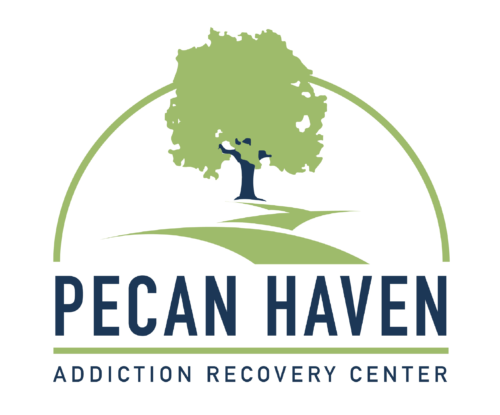Addiction is a serious enough problem that just about everyone in the United States knows someone who’s been seriously affected by it.
Part of the reason why this issue is so pervasive is its complexity. There’s no easy, simple solution to immediately help someone overcome addiction, or substance use disorder.
However, it can be done! Recognizing that there is a problem, and acknowledging the necessity of seeking professional help, are crucial first steps toward addressing the problem.
If you’re not quite sure what the next step could be, or what your treatment options are, we’re here to go over some of the basics with you– to help you take the next step armed with as much information as possible.
Inpatient Rehabilitation
Inpatient rehabilitation is also referred to as residential treatment.
Residential treatment is highly effective because it provides a structured, supportive, and consistent environment for individuals who are struggling with substance abuse.
Patients reside in a specialized facility and receive comprehensive care from medical professionals and addiction specialists. This care might include various kinds of therapy, like individual counseling, group therapy, behavioral therapy, or more holistic approaches– tailored to match each individual’s specific history and needs.
Outpatient Programs
Outpatient programs are a good choice for individuals who might not need 24/7 supervision, but will still benefit from structured treatment and support.
Outpatient programs (sometimes referred to as IOP, or Intensive Outpatient Programs) offer more flexibility, allowing patients to attend therapy sessions while still living at home and continuing with some of their daily responsibilities.
Typically, IOP includes individual and group therapy, educational sessions, and access to support networks and resources. IOP is perfect for individuals who have a strong existing support system in their lives, and are at a lower risk of relapse.
Medication-Assisted Treatment (MAT)
FDA-approved medications, combined with counseling and behavioral therapy, can be an excellent combination in helping to address substance use issues.
MAT is primarily used for opioid or alcohol addiction, and might utilize medications such as methadone or buprenorphine. These medications are used to reduce cravings, manage withdrawal symptoms, and generally support the recovery process.
Alongside medication, therapy and counseling are vital for addressing the underlying causes of addiction in addition to physical dependence to the substance.
Support Groups
12-step programs, like Alcoholic Anonymous (AA) or Narcotics Anonymous (NA), provide a valuable community and support network for people who are in recovery.
These groups offer a safe space for sharing experiences, providing emotional support, and receiving guidance from people who have faced similar challenges. They can also function as a way to meet new people who are also abstaining from using substances, and build new relationships in recovery.
These support groups focus on fostering accountability, self-reflection, and personal growth. Unlike residential treatment or IOP, however, these are strictly voluntary (unless required by a court order). In order to gain all of the benefits from a support group, individuals have to put in the effort. As they say, “it works if you work it.”
Professional Help
Seeking the help of a professional addiction specialist, therapist, or addiction treatment center is a big step on the journey toward recovery. We know that it can seem intimidating– but we also know that it’s the first step toward facing addiction issues head-on and turning your life around.
If you believe that it’s time to seek help for you or a loved one, please give us a call today. You can also fill out our online assessment to get started.
